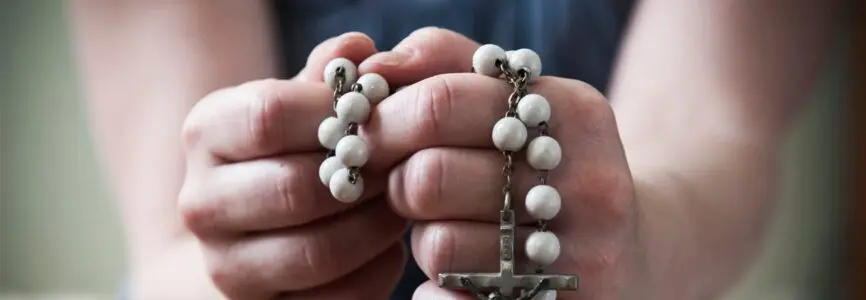Bioethics Forum Essay
Vaccine Exemptions and the Church-State Problem
The current measles outbreak has brought public attention to the ease with which vaccine exemptions are available. As the media continually inform us, 48 states allow for religious exemptions, while 19 states also offer exemptions based on some sort of personal philosophy. The New York Times featured a snarky column by Ginia Belafonte dismissing most religious claims by pointing out that “the Bible, the Quran and the texts of Sanskrit were all obviously written before the creation of vaccines.” By that standard, Jewish males would have no obligation to cover their heads (a relatively late development in Judaism) and Catholics would have no opinion on abortion (not mentioned in the New Testament).
On CNN, a commentator was loudly protesting nonreligious exemptions. According to him, religious exemptions were okay, but personal exemptions were wrong. He kept complaining that these parents didn’t even have a note from their pastor attesting that they were church members or explaining why their religion opposed vaccinations. They could just “show up” somewhere and claim some philosophical objection, “and that’s that.” He wanted to restrict exemptions only to those with clearly defined religious beliefs, but his tirade just served to highlight why the current state of affairs is problematic. We cannot constitutionally privilege religious motivations.
From one perspective, religious exemptions would seem to be about free exercise—the state shouldn’t make you go against your religious beliefs, at least not without a strong reason. But any time the state offers an exemption, it runs into establishment clause issues as well. If the state is supposed to be neutral on issues of religion, why should it offer exemptions based on religious grounds and not on equally serious philosophical or personal grounds? Should the state be labeling religious reasons as “better”?
And if religious reasons really are better, then what counts as religion? Should you have to bring a note from your imam, pastor, or rabbi? What if your religious practice doesn’t include joining an official church? What if your church supports vaccination but you believe otherwise—are your religious reasons still legally valid? Pretty soon the state is acting like some sort of religious certification board.
To see why this is unconstitutional, think back to the days of the military draft, and the conscientious objector exemption. Congress was not required to include an exemption in the draft law, but once it did, it was required to do so in a fair and constitutional manner. At first, the exemption was open only to members of established peace churches, such as Mennonites and Quakers. That made it easy for draft boards, but was obviously unfair, as some sincere pacifists were not members of peace churches. Eventually, the exemption was broadened to include pretty much anyone who could make a case for being a pacifist and who believed in a Supreme Being.
In 1958, Dan Seeger, a young man on a spiritual journey from Catholicism to Quakerism, claimed to be a sincere pacifist but not too sure about a Supreme Being. He took his case all the way to the Supreme Court, which, quoting theologian Paul Tillich, adopted a more expansive view of religion as the “ground of being,” without requiring belief in a Supreme Being. In 1970 the other shoe dropped, when Elliott Welsh successfully argued that the law could not privilege religious beliefs over purely secular, philosophical ones. Fortunately, the draft ended before our current era, when draft boards would have had to listen to an endless array of people earnestly explaining that they were “spiritual but not religious.”
Returning to vaccination, we now see that trying to separate religious from “personal” reasons won’t work, either as a neat way to draw a line or by using “religious” as a proxy for “serious.” Requiring a certain amount of formality might be useful—perhaps every parent seeking an exemption should be required to show up for a hearing, or speak with a health educator. Or maybe it’s time to end exemptions altogether.
Dena S. Davis, JD., PhD, is the Presidential Endowed Chair in Health and a professor of religion studies at Lehigh University. This essay originally appeared on Bioethics and Other Stuff.
Posted by Susan Gilbert at 02/23/2015 10:41:03 AM |













